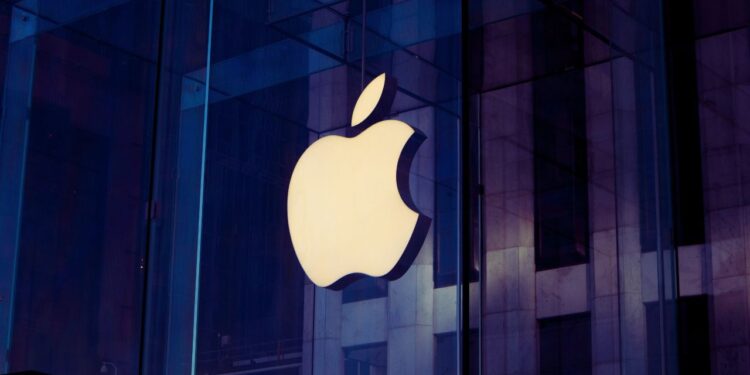Apple Inc. is facing a lawsuit from two female employees, Justina Jong and Amina Salgado, who claim that the tech giant systematically underpays women compared to their male counterparts.
The lawsuit spotlights the persistent issue of pay inequality, but also has far-reaching implications for flexible workers and leaders looking to create equitable workplaces.
The lawsuit, filed in California state court, seeks to represent more than 12,000 current and former female employees in Apple’s engineering, marketing, and AppleCare divisions.
Jong and Salgado, both long-time employees of Apple, argue that the company’s methods for determining starting salaries — initially based on compensation history and later on salary expectations — have entrenched gender-based pay gaps.
The Allegations
Jong and Salgado allege that Apple’s practice of determining starting salaries by asking for compensation history before 2018 perpetuated historical pay disparities between men and women.
Even after California outlawed this practice, Apple reportedly continued to entrench these disparities by asking for salary expectations instead. The plaintiffs argue that these corporate policies have had a disparate impact on women, resulting in systemic pay inequality that is not justified under the law, according to Time Magazine.
According to Joe Sellers, a lawyer at Cohen Milstein Sellers & Toll PLLC, this lawsuit highlights Apple’s failure to pay equal wages for performing substantially similar work.
Additionally, the women claim that men at Apple routinely receive higher scores on teamwork and leadership in performance reviews, which directly affects their bonuses and subsequent pay.
Moving Forward
As the lawsuit’s impact unfolds, it will likely influence how companies, both large and small, approach pay equity. Past lawsuits within the tech industry have often led to substantial settlements, though the individual payouts have been relatively modest.
For instance, similar claims against Oracle Corp. and Google resulted in average per-person payouts of $3,750 and $5,500, respectively, despite the legal costs.
Apple’s response to the lawsuit will be closely watched by industry peers and could set a precedent for how other tech companies address similar claims. The company’s commitment to inclusion and pay equity, as asserted in its public statements, will be tested in the legal arena.
For businesses striving to succeed in the future of work, the imperative is clear: fostering a fair and equitable workplace is not just about legal compliance but also about building a culture of trust and inclusivity.
By addressing pay disparities head-on and creating robust, transparent processes, companies can better attract and retain top talent, driving long-term success.
As this legal battle against one of the world’s leading tech companies continues, those interested in the case should follow updates and remain vigilant about their internal practices to ensure they are fostering equitable workplaces in their own organizations.
















